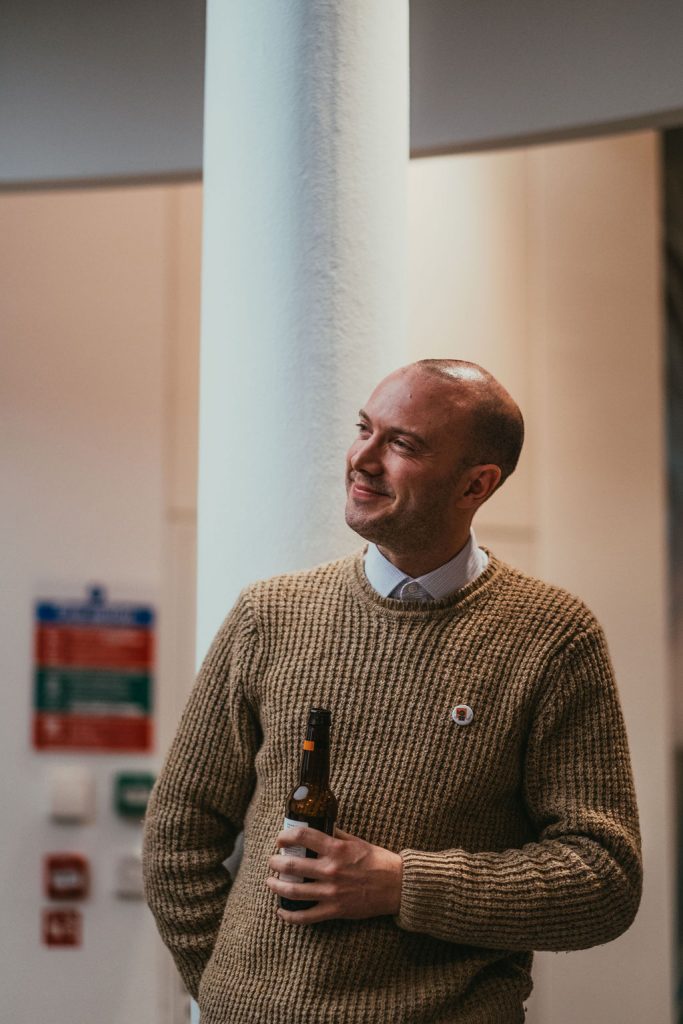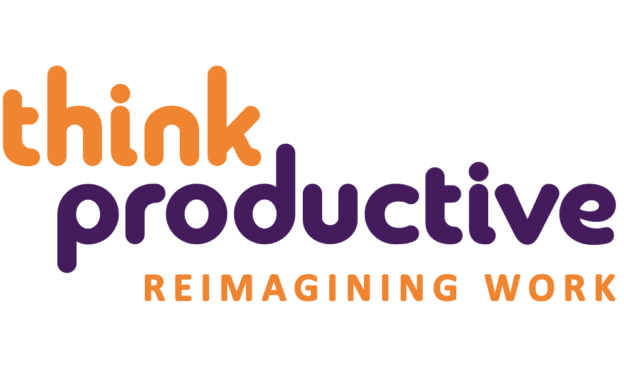You know how these posts are supposed to go.
It’s usually something like “get up at 5am, drink a lemon water, meditate for half an hour, write my gratitude journal, hit the gym for an hour, come back for a protein-fuelled breakfast”… and on and on with the nauseating hustle porn until midnight.
But there’s a reason the first words of my book, How to be a Productivity Ninja, are “Dear Human Being”. I don’t believe in perfection or striving to be a superhero. For example, here are several things that regularly happen in the first hours of my day:
- Being woken up too early and too tired, and putting a podcast on so that I fall back asleep for an extra hour
- Labouring over a decadent breakfast of scrambled eggs
- Too many cups of tea
- Doing the school run in my trackies
- Quordle if I feel like it
- (In the summer months, some of the above are also done simultaneously whilst listening to a baseball podcast)
Some days I’ll go for a quick run, some days I won’t.
It depends how I feel. Some days I push myself to do this, other days I’m kind to myself. When I do run, it tends to be a quick 5k to get the blood pumping (which the science shows us is more than enough to wake up a much greater proportion of our brains than without exercise). I’ll do longer runs at the weekend (Friday to Sunday) when I have more time.

KNOWING MY OWN BOUNDARIES IS IMPORTANT
No two days are the same, but I do have a couple of rules:
- I don’t work past about 6pm, ever.
- I sleep better when I have the whole evening to decompress.
- I work Monday to Thursday – and don’t work at all on Fridays, Saturdays or Sundays.
- I don’t break my rules very often, but of course, it does happen.
I break the evening rule deliberately six times a year when I run my live evening class, 6 Weeks to Ninja each autumn/winter. That doesn’t even feel much like work to me, although I do go to bed later afterwards.
And with weekends, it’s even more rare that I break that rule. If I do, it’s usually because I have a weekly email called Rev Up for the Week which goes our every Sunday. This is always written by close of play Thursday, but then a handful of times over the last couple of years doing it, I’ve ended up sat in my pants writing it over Saturday or Sunday breakfast.
Sometimes on a Friday I might ‘emergency scan’ my inbox if I’m expecting something. I might even reply to a WhatsApp message or two. But generally, I hold that boundary pretty firmly.
MY OTHER RULE IS ABOUT WHEN I CREATE VERSUS WHEN I COLLABORATE
In fact, I separate my entire calendar into ‘Create Time’ and ‘Collaborate Time’. For me, Create Time means being heads-down and focussed on the stuff that I can’t delegate and that only I can do. That’s things like writing articles or working on a book, reading someone else’s book for a podcast, delivering client work, recording something, or doing some other creative task. I also use this ‘Create’ time for coming up with plans and doing my Weekly Review.
When I’m in ‘Create mode’, I deliberately block things like social media apps or certain websites from my phone. That is so that I don’t have the temptation to be distracted. I stick some music on, and try to get into a flow state. Then I can feel totally immersed in what I’m doing. Stephen King says “writing is self-hypnosis”. Which is a great way to describe how I try to operate in those times.
I generally do this every morning between about 9am and about 1pm. Some days if I don’t feel sharp when I wake up, I’ll start work a bit later. Other days I’ll get hungry and abandon the Create Time at 12.30 for an early lunch. Maximising the minutes isn’t that important to me. The main thing is that every morning I have my best energy and attention). So for some period of time, I can show up and work with no distractions.
COLLABORATE TIME COMES IN THE AFTERNOON
During this time, I’m not trying to accomplish much from my to-do list. If I’m managing my Create Times well then I don’t need to. So in the afternoons I do Zoom meetings with people, reply to emails, get on calls, and so on. When I’m in Collaborate mode my job is really to help other people to get their stuff done. Every Wednesday, I’m in dad mode from 3pm. Through the summer that involves a lot of riding trains with my son (he’s obsessed with trains). It’s a nice break in the week. And is a good reflection point for me until the final push on Thursdays.
I DON’T WORK ANTISOCIAL HOURS
When I’ve had book deadlines in the past, I start at 5am. I work in Create Mode until 9, then taking an hour off for breakfast. Then doing another Create Mode session until lunchtime. It can be a wonderfully productive time (and is much easier to screen out the distractions). But for me personally, sleep is always a very high priority. Getting up at 5am every day just doesn’t fit with all the stuff I like to do in the evenings.
I’ve mostly worked a four day week since 2011. (Although this went out of the window for a while during the covid pandemic, I’ll admit!). And I wouldn’t go back. I’ll sometimes clock off at 4pm if I’ve had enough. I always take lunch, although not always a full hour.

EVERYONE IS DIFFERENT
It’s fair to say that some of this should not be taken as advice. It’s important for me to say “you do you”. Your boss may not be happy with you starting late, or blocking out mornings as meeting-free. You may also just not like the sound of some of the things I do, or the way I do them. But I hope that you take away one small but important thing from this post, and it’s this:
There’s no need for 70-hour weeks and a hustle mindset to be productive.
When you have good habits, ‘Ninja’-thinking, some good tech and clear priorities, you learn to say ‘no’ to many of the things that otherwise suck up your time. Productivity isn’t about doing a hundred things, it’s about making space for what matters. And because it’s not so much of a grind, I enjoy (almost) everything I do at work, too. But productivity is a means to an end. Good productivity techniques help you achieve a lot in relatively small pockets of time. That in turn helps you to have the space in your life for everything else that matters outside of work, too.
